The Wright Brothers: A Centennial Tribute
by Dr. Bob Gardner
Department of Mathematics
Department of Physics, Astronomy and Geology
Institute of Mathematical and Physical Sciences
East Tennessee State University
AFTER 1903
The Wright Brothers continued experiments after 1903. However, they became quite secretive and defensive of their invention. In January 1905, they wrote to their representative in Washington, offering to develop an airplane for the U.S. military applications (at the time, presumed to be surveillance). Much to their surprise, they received a form-letter rejecting their offer. In 1906, they were granted a patent. In 1907, Wilbur traveled to France to see if the French government was interested in their machine. France had a history of interest in aviation, with many early manned balloon experiments having been performed first there. However, the original deal with the French government fell through. At this time, the French were celebrating their own successes:
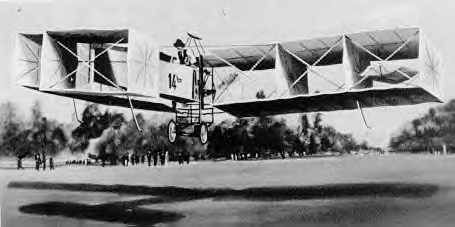
Santos Dumont's Flyer
|
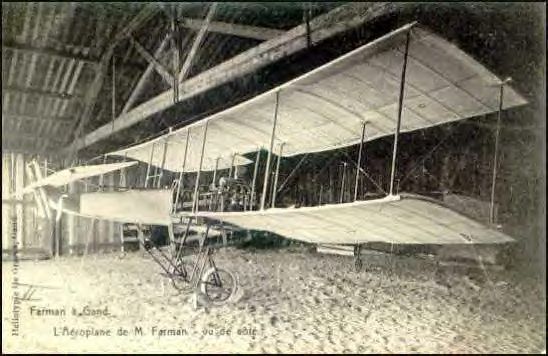
Henry Fermer's Flyer
|
Santos-Dumont was making straight flights with limited control, and Henry Fermer had flown in a circle for the first time in Europe.
In 1908, their business achieved much more success. That year, the U.S. government took an interest and Orville gave successful demonstrations at Kitty Hawk. At the same time, Wilbur was in France giving demonstrations to large crowds.
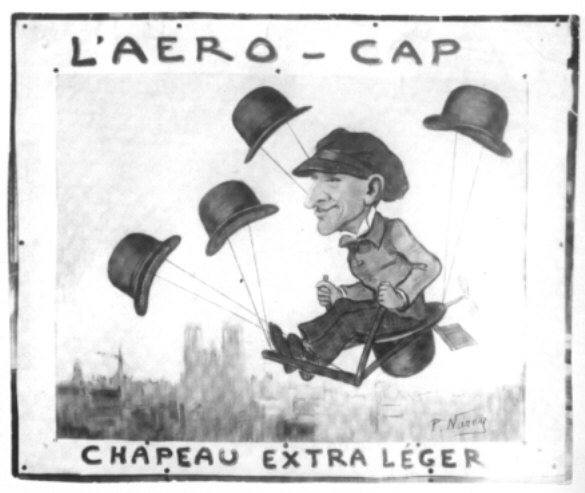
Wilbur as French Pop Culture
As a result, Wilbur became a French celebrity! Back in the U.S., though, there was tragedy.
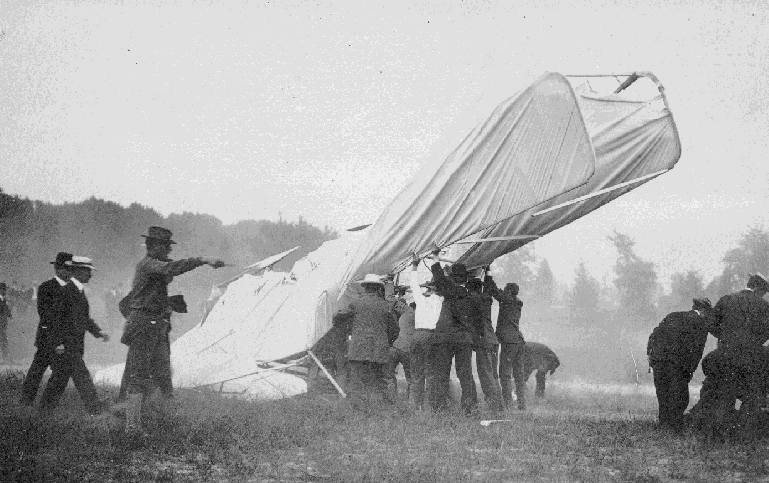
Wreckage of the Fatal 1908 Crash
On September 17, 1908 Orville was giving a demonstration that their latest flyer could carry a passenger. On that day, their flyer crashed killing the passenger Thomas Selfridge, the first person killed in a powered flight. Orville was also injured in the accident.
The brothers both traveled through Europe, in particular Germany and Italy, over the next few years giving flying exhibitions. Over the next few years, the brothers filed a number of lawsuits based on patent infringements.
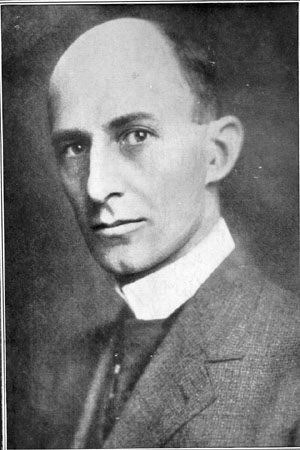
Wilbur Wright, April 16, 1867 - May 30, 1912
In 1912, Wilbur contracted typhoid fever and died on May 30. In 1915, Orville sold the patent and the Wright airplane company for $1,000,000. This was the financial payoff for the Wright Brothers' accomplishments.
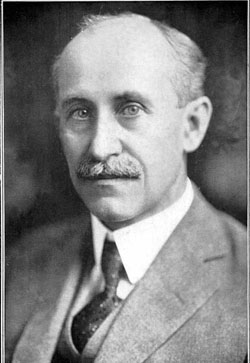
Orville Wilbur, August 19, 1871 - January 30, 1948
Orville lived for another 33 years until January 30, 1948 when he died at the age of 76. Orville had lived to see airplanes develop from an embryonic stage, to the level of supersonic flight. When asked by Fred Kelley about his feelings concerning the application of airplanes as an instrument of wholesale destruction and human slaughter in World War II, Orville is quoted as saying:
"I don't have any regrets about my part in the invention of the airplane, though no one could deplore more than I do the destruction it has caused. I feel about the airplane much as I do in regard to fire. That is, I regret all the terrible damage caused by fire. But I think it is good for the human race that someone discovered how to start fires and that it is possible to put fire to thousands of important uses."
Go to Some Theory section.







